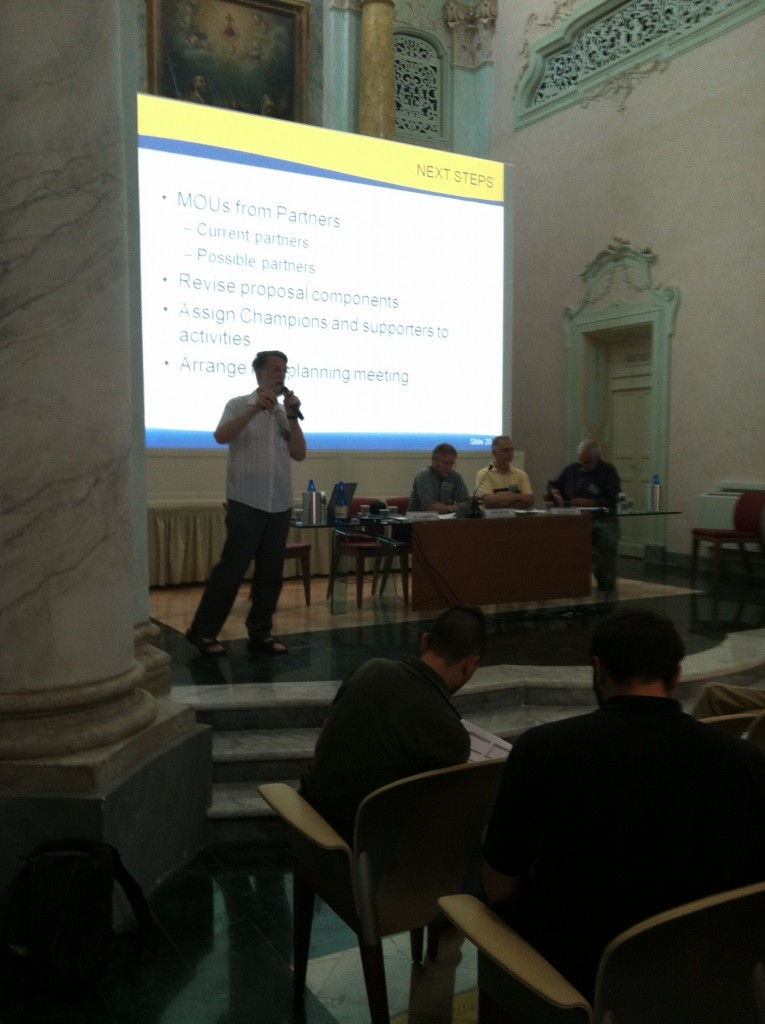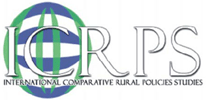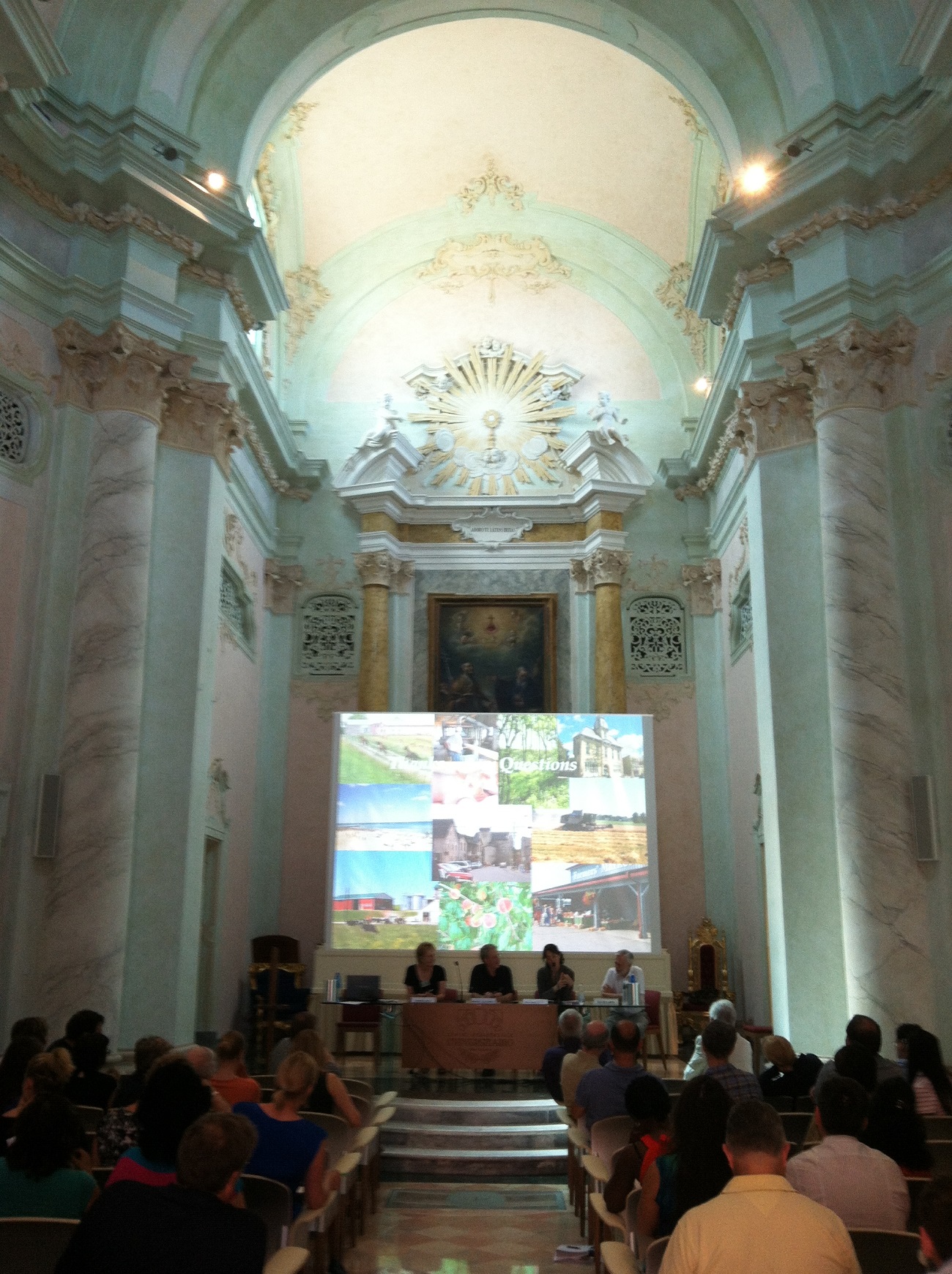by Andrew Spaeth 23/06/2013 on day 6 of the 2013 Summer Insitute
The 10th annual International Comparative Rural Policy Studies (ICRPS) conference was held on Sunday, June 23 at the Church Room at the University of Bologna residential center in Bertinoro. The conference started with some reflection on the past ten years of ICRPS followed by informative sessions on farming livelihoods, rural migration, local government, agricultural policy, rural policy beyond the OECD, and rural innovation. The conference ended with final remarks on the future trajectory of ICRPS.
ICRPS is a unique study abroad experience for faculty and students. Participants are drawn from a diverse range of backgrounds and academic disciplines across North America and Europe. Although the universities engaged in ICRPS have changed over time the mission to bring together an international group to examine the many facets of rural policy and exchange perspectives ranging from policy formulation to impacts remains strong.
Developing an international perspective and understanding of farming livelihoods plays an integral role in rural policy development. The farming livelihoods session included perspectives and comparative analysis from Canada, Spain, and the United States. Policy makers and academics interested in rural issues are finding creative solutions and studying complex systems including the social and family dynamics of farming, farm entry policy for a new generation of farmers, and the role of greenbelts in food production and farm protection on the rural-urban fringe.
Migration continues to be a critical issue in rural communities. Results from research conducted in Scotland, Spain, and Canada were presented at this year’s conference. Communication around migration is particularly important in the rural context. Innovative work being done in Scotland is showing how communication can be used to curb negative discourses about migrants. Visitors from the Autonomous University of Barcelona in Spain and the Rural Integrated Development Center Foundation of Catalonia presented results from recent work on rural renewal and the role of women, young people, and local governance in the Pyrenees. Youth migration and brain drain are prominent in the rural studies literature and research being done at Mount Saint Vincent University is extending the level of knowledge and understanding of these important issues in the Canadian context.
Local government and governance are important topics in rural studies and offered for rich discussion at the ICRPS conference this year. Jurisdictional spillovers and decentralization of local governments in the United States and reforms of Spanish local governments from a rural municipalities perspective were of particular interest. Conversations regarding the issue of local government and governance from distinct perspectives help to shed light on the importance of the context dependent nature and interdisciplinary focus of rural studies.
Previous and current ICRPS students presented comparative agricultural policy research at the conference. The differences and similarities in agricultural policy in the state of New Jersey in the US was presented relative to the Emilia Romagna region of Italy. Work from Catalonia, Spain and Manitoba, Canada also presented an fascinating comparison of pork value chain governance.
Rural policy beyond the context of OECD countries brought in perspectives from China, Sub-Saharan Africa, and Swaziland. Reflection on agricultural policy in China provided the opportunity to learn about the history and development of agrarian perspectives there. Sub-Saharan Africa was presented as an interesting study integrating smallholder farmers in institutional markets that can benefit rural people and places. And, in Swaziland, research being done by a former ICRPS student at the University of Pretoria in South Africa shows how local culture can serve as a mediator of rural development policy implementation.
Research on rural innovation across Europe and in Quebec, Canada was presented at this year’s conference. A new paradigm is emerging in rural innovation in Quebec as learning from and with rural people and communities is influencing the policymaking process. Policy learning networks in rural development are also emerging in the European context.
Overall, the conference brought together fascinating research across a variety of important rural studies and contexts. ICRPS will continue to bring together annual conferences and field schools as part of a larger strategy that is being developed for the next seven years. The future is bright for ICRPS and the school looks forward to continuing to work to bring in new institutions, faculty, and students from a diverse range of backgrounds and perspectives.

